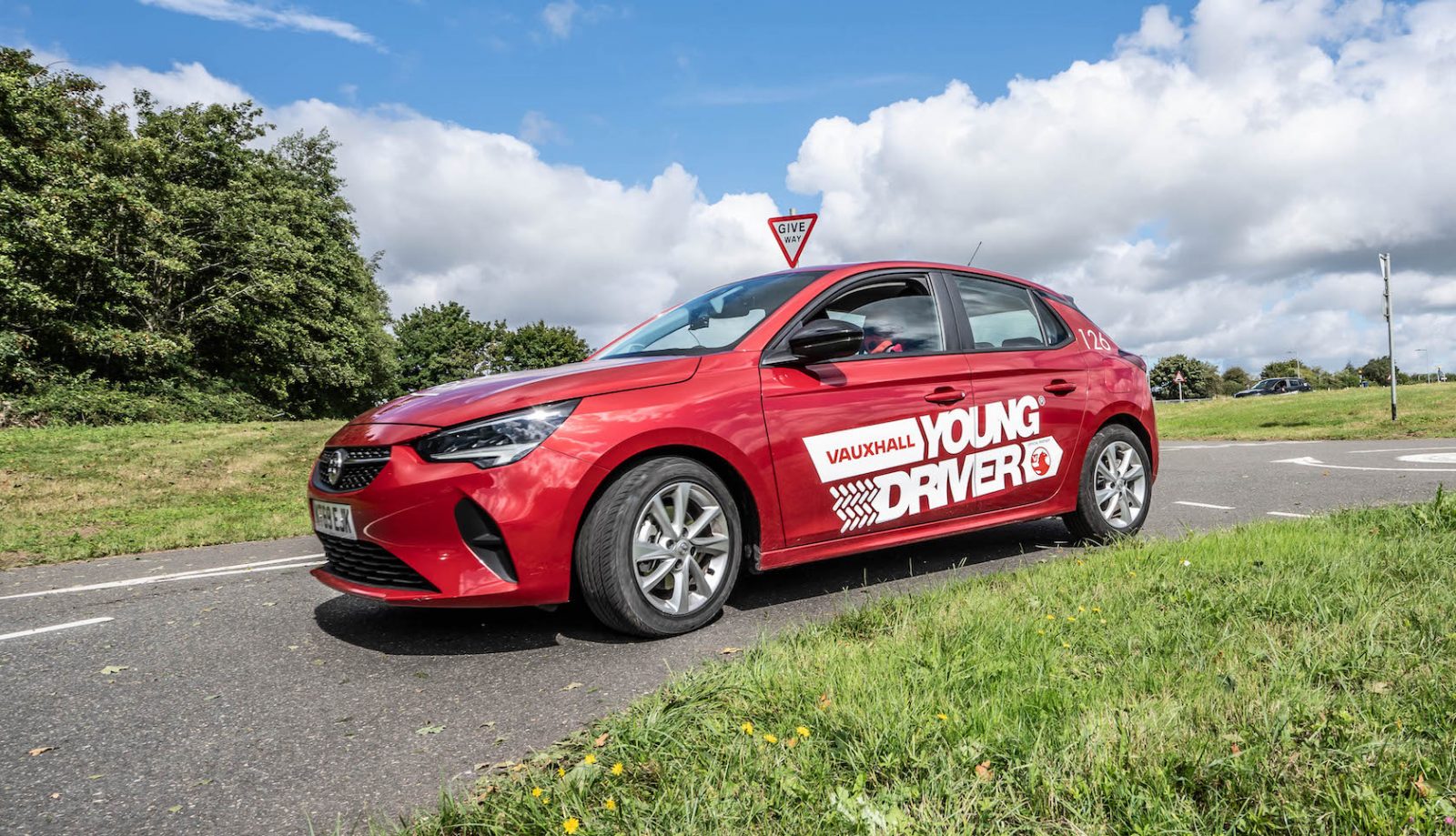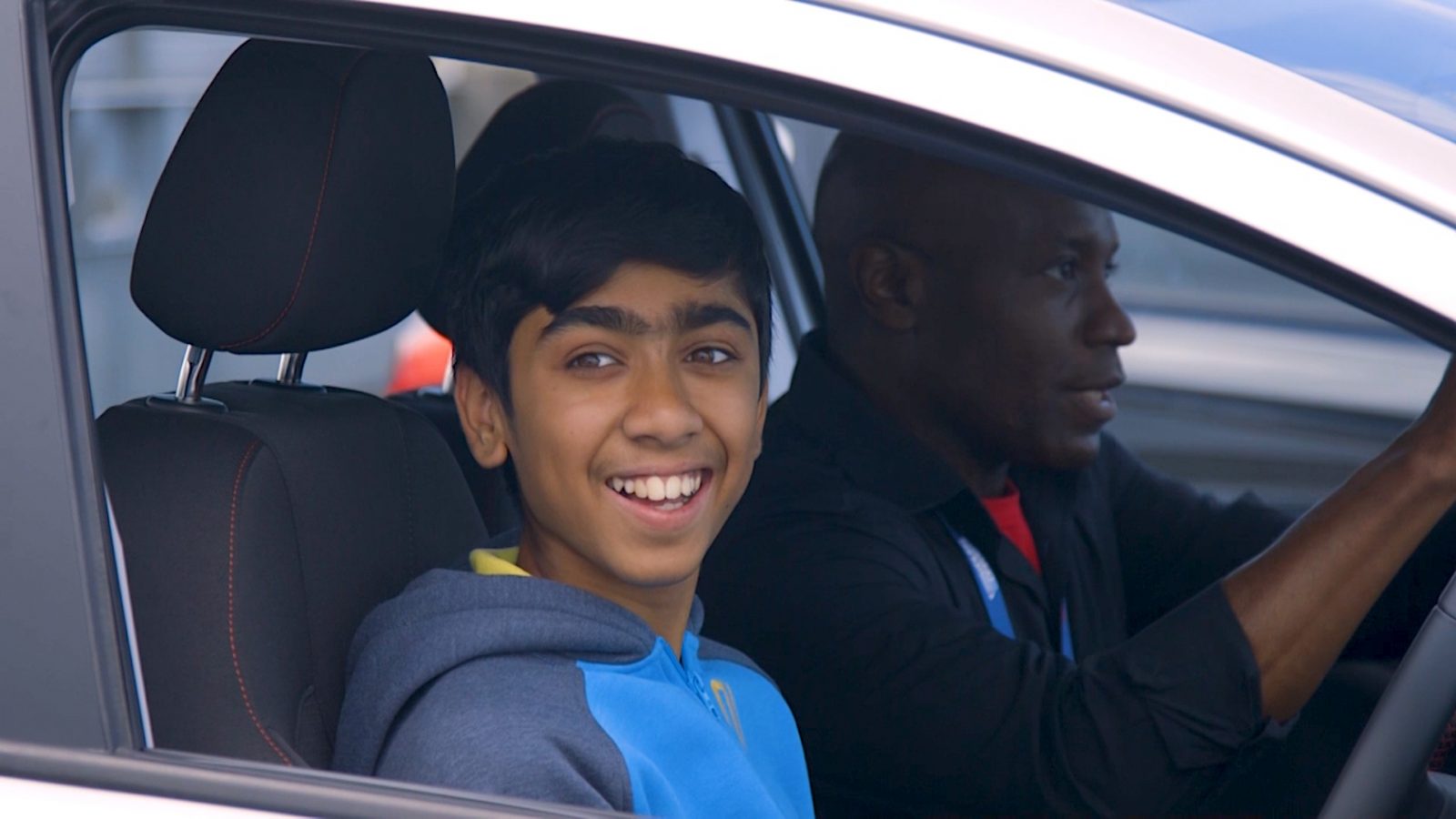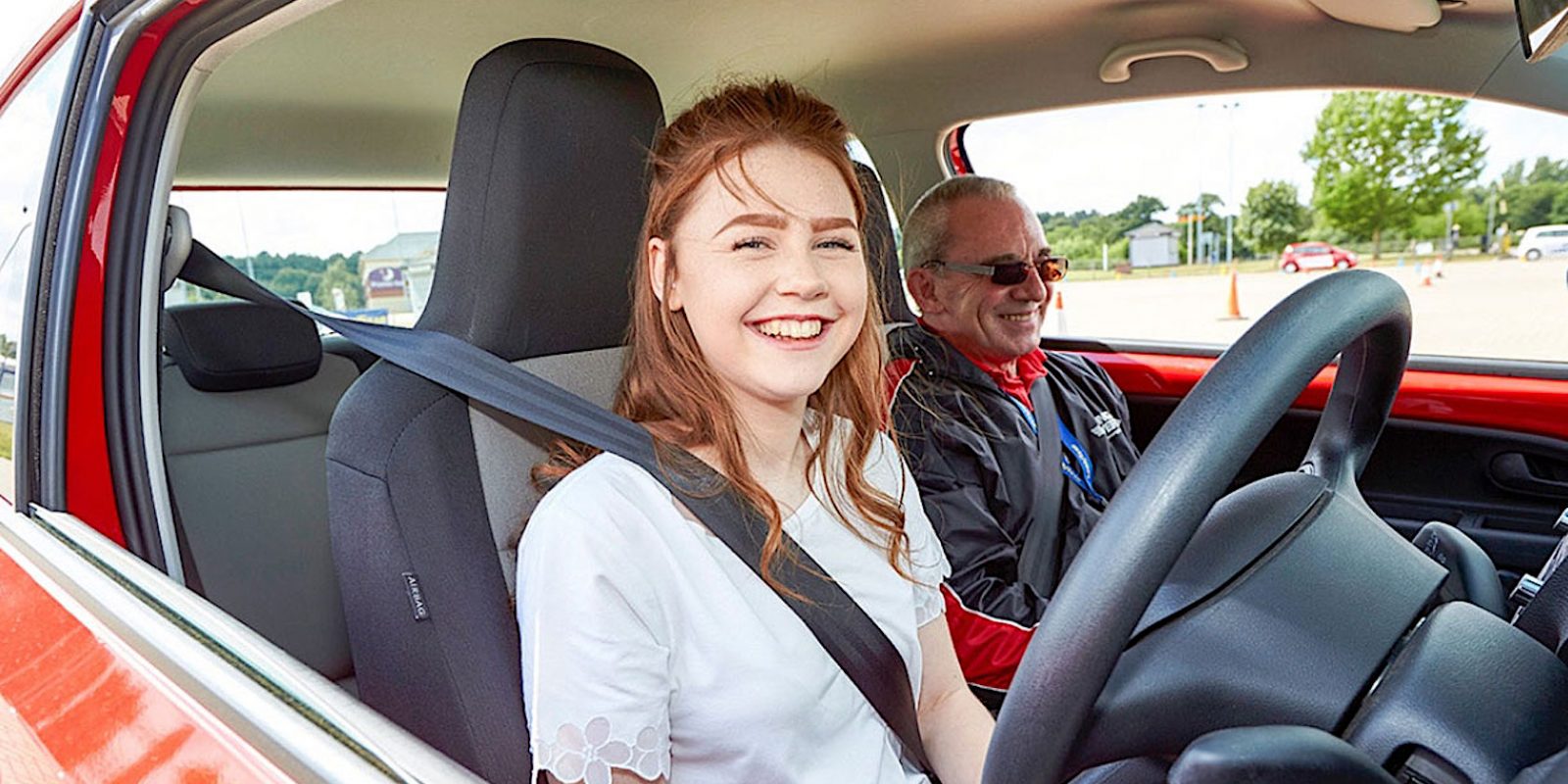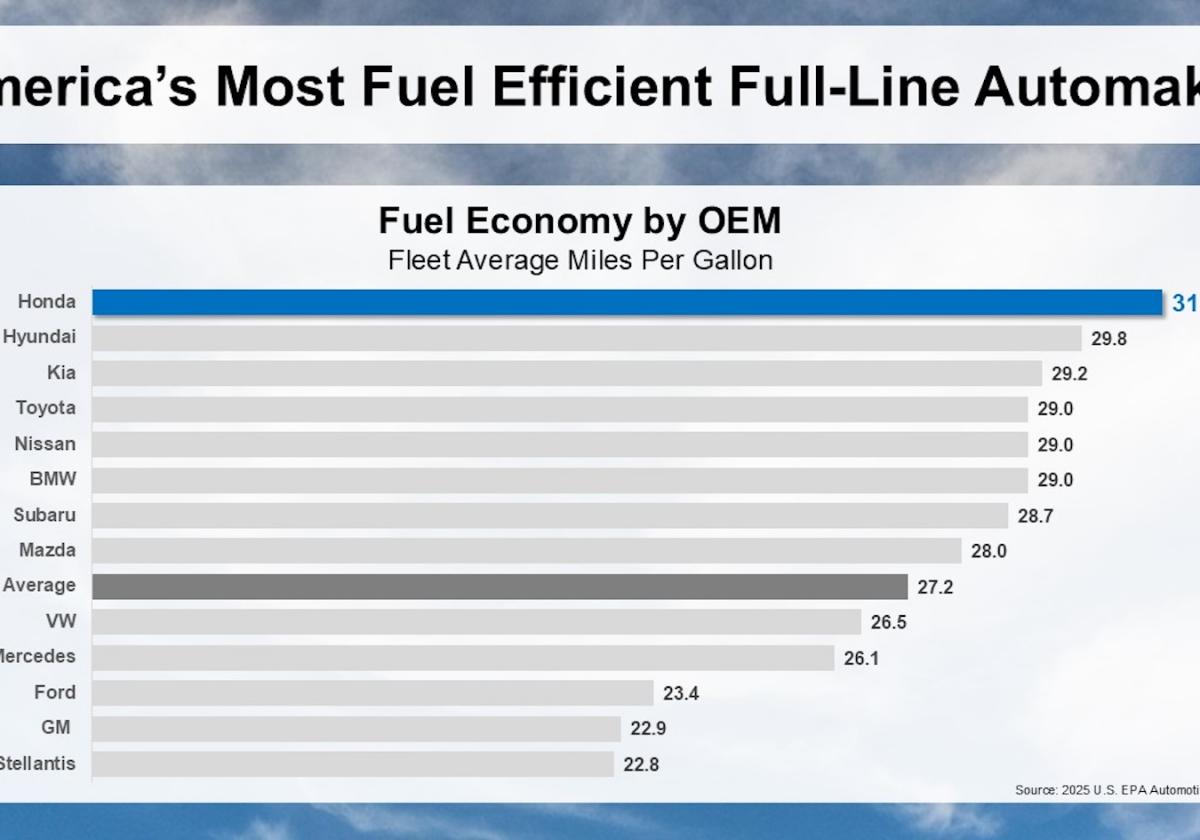According to a survey by the U.K.’s Young Driver driver instruction website, some 45% of parents set limits on their kids during the first 12 months of driving. Young Driver is the UK’s largest pre-17 driving school, having delivered 1.25 million lessons to pupils aged between 10 and 17 years old.

In the UK, on average one in five drivers has an accident within six months of passing their test – which is likely a key reason parents feel they need to set ground rules for newly qualified drivers. Meanwhile, in the U.S., the risk of car crashes is higher among teens aged 16-19 than among any other group. Teen drivers in this age group have a fatal crash rate almost three times as high as drivers aged 20 and older per mile driven. And the motor vehicle crash death rate for male drivers aged 16–19 years was three times as high as the death rate for female drivers in the same age group in 2020.
Back in the U.K., Young Driver website experts asked 500 parents of children aged 16 and over what rules they have in place or planned on setting, when their child passed their driving test. Six out of 10 said they would insist on a black box insurance policy to help keep their child monitored in the most accident-prone first year of driving. But many also had their own rules in place as well.
According to Young Driver’s research, the top 5 rules imposed by parents on their newly driving children are:
- Limiting the number of passengers the driver can carry (45 %)
- Phones must be switched off (41 %)
- No eating or drinking whilst driving (21 %)
- Limits on areas they’re allowed to drive (16 %)
- Nighttime curfew (11 %)
In the UK, on average one in five drivers has an accident within six months of passing their test – which is likely a key reason parents feel they need to set ground rules for newly qualified drivers.

“There has been talk of introducing graduated licenses in the UK over recent years, which do legally impose restrictions on those who have just passed their test,” Sue Waterfield, head of marketing at the 14-year-old Young Driver facility explained the best way to keep new drivers safe. “We feel strongly that actually, the key to keeping youngsters safe on the roads is to make sure they’re properly educated before they even pass their test. After all, rules can be set – but will they always be followed?”
Research has shown that compared to the U.K.’s national average of 20 percent, just 3.3 percent of Young Driver past pupils have an accident in the first six months after passing their test. That’s an 84 percent reduction. Pupils aged 10 to 17 learn in a dual-controlled Vauxhall Corsa, or similar vehicle, with a fully qualified driving instructor. Road systems are created on private property, including roundabouts, junctions, and car parks, as pupils learn to change gears, steer, brake, park, and handle driving amongst other traffic.
OUR THOUGHTS
Learning over a longer period of time, without the pressure of rushing to pass their test, makes sense for teens. If children learn gradually, from a young age, they’re more likely to take in that information and become proficient at it, becoming safety aware and creating vital neural pathways so driving becomes second nature. It also takes away that mystique, meaning they’re less likely to feel the need to show off when they do take to the roads. And although this story focuses on the U.K., the efforts that must be made to keep kids safe in their first year of driving is universal.







